Dhaka, June 24 (V7N) – Bangladesh is witnessing a disturbing rise in mob violence and public vigilantism, with at least 83 people killed in the first six months of 2024 alone, according to data from rights organizations. Despite repeated government assurances, incidents of lawless crowd behavior—where groups take justice into their own hands—are becoming increasingly frequent and deadly.
Human rights organizations such as Ain o Salish Kendra (ASK) and the Manabadhikar Sangskriti Foundation (MSF) have both reported alarming figures. ASK recorded 174 mob-related deaths in the past 10 months, while MSF reported 150 deaths and over 360 injuries in just eight months. In 2023, at least 86 people were killed in 143 mob attacks, according to MSF.
Activists have expressed frustration over the lack of visible legal action or deterrence. Despite statements from the interim government and law enforcement, accountability remains rare. Even members of the police have been targeted, with 477 cases filed over attacks on police in the past 10 months, reflecting a growing sense of impunity.
The recent mob assault on former Chief Election Commissioner KM Nurul Huda in Dhaka’s Uttara area has renewed national outrage. A group of 40–45 individuals stormed his residence, forcibly dragged him out, and reportedly assaulted him before handing him over to police. Although some suspects linked to opposition political groups have been identified, no arrests had been made as of Monday evening.
Authorities, including the police and home affairs advisers, have pledged to investigate the incident. However, critics argue that political motives and power struggles are fueling a culture of mob violence that undermines constitutional rights and legal processes.
Rights groups, including Human Rights Support Society (HRSS), have condemned the attacks as serious violations of human dignity and the rule of law. They emphasize that no matter how serious the allegations, justice must be delivered through the judicial system—not by public outrage or political vendettas.
Social scientists and legal experts warn that mob violence, if left unchecked, could destabilize civil society. Dr. Towhidul Haque, a criminologist at the University of Dhaka, described it as a “contagious disorder,” noting that such actions appear increasingly organized and politically fueled.
Human rights activist Nur Khan Liton echoed these concerns, saying, “People hoped for justice and the end of lawlessness, but ten months later, nothing has changed. No visible steps have been taken to end mob violence. The state cannot avoid responsibility.”
Both ASK and HRSS have called on the government to take urgent, decisive measures to identify perpetrators and uphold the principles of justice. They stress that continued silence or inaction will only embolden violent groups and weaken Bangladesh’s democratic and legal foundations.



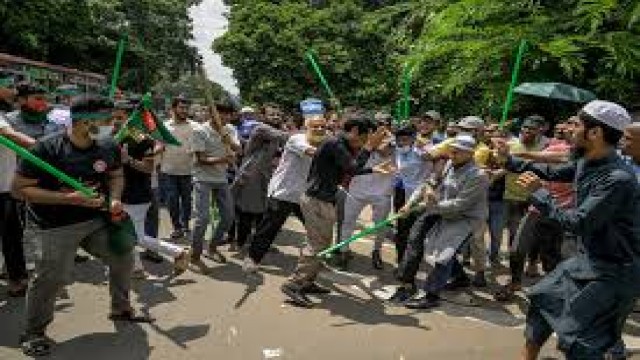
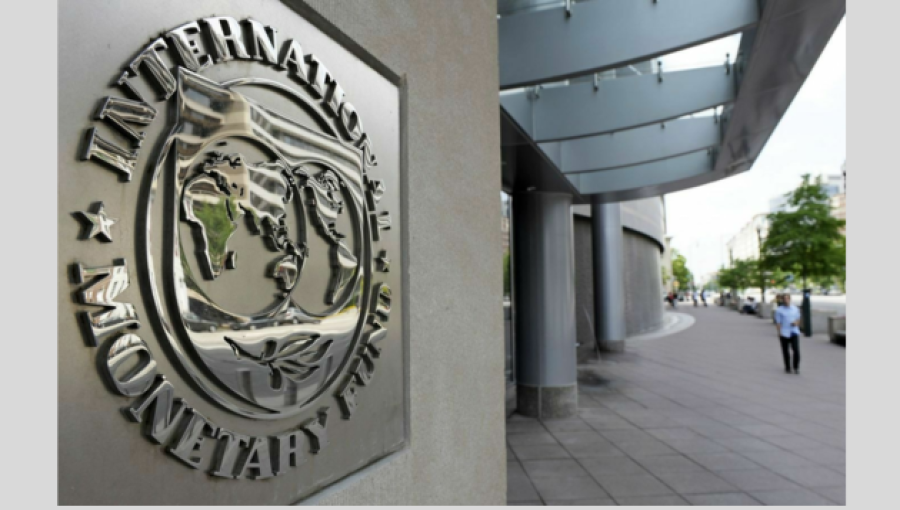

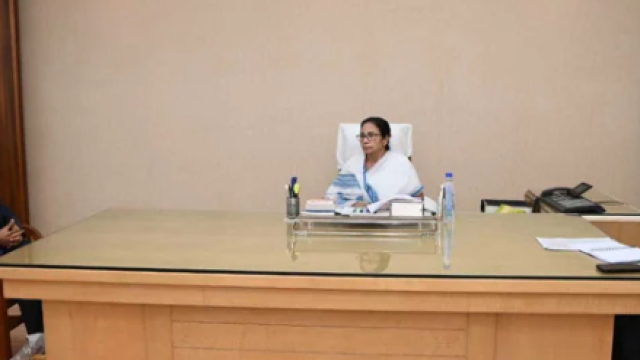
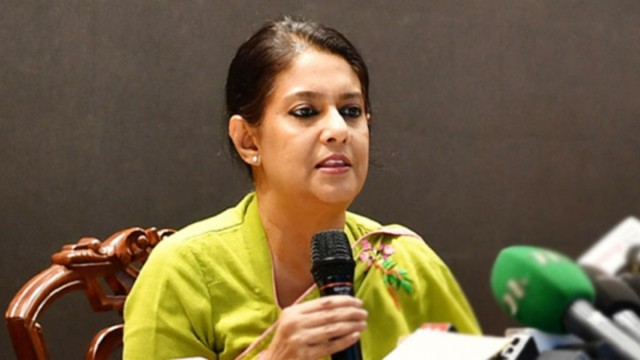
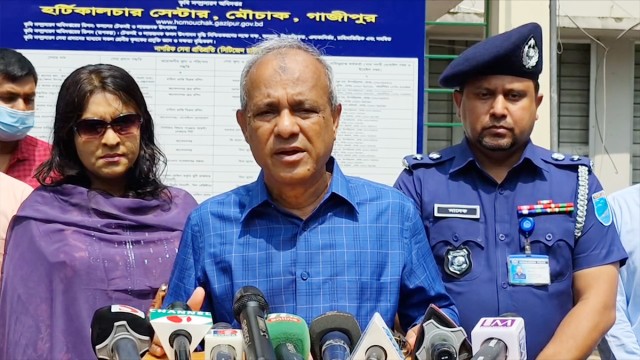
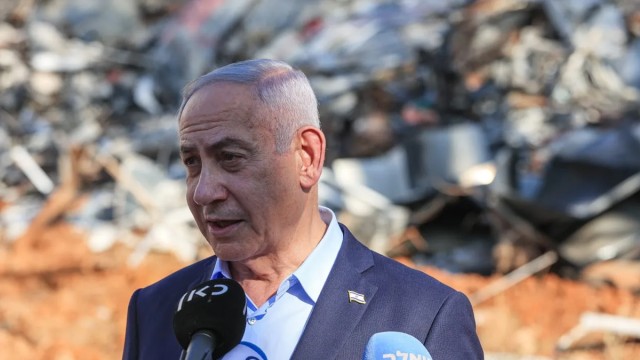
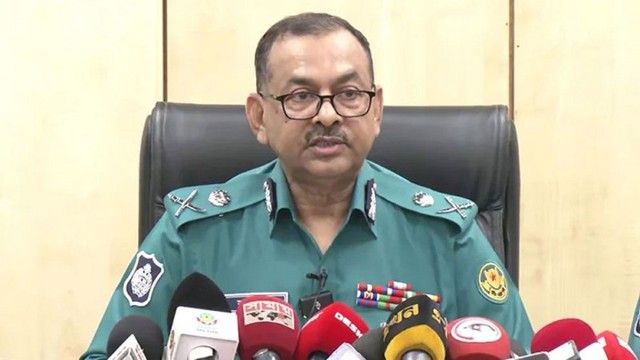
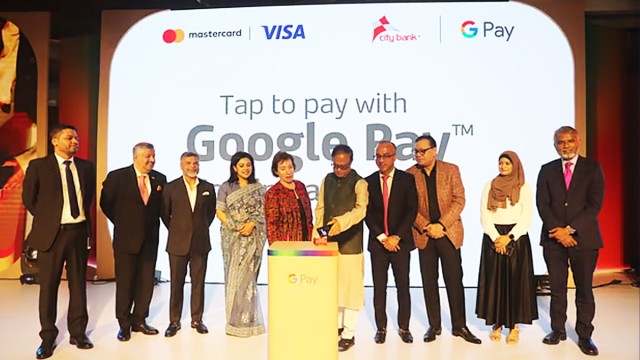
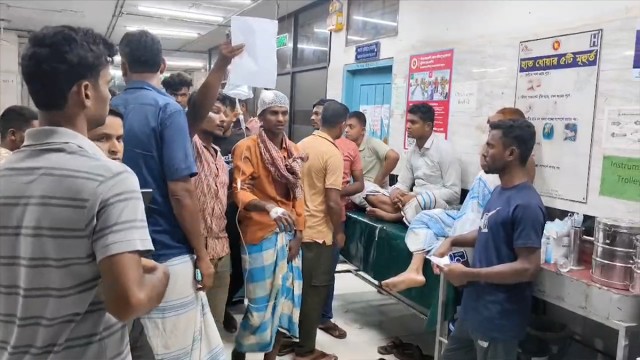
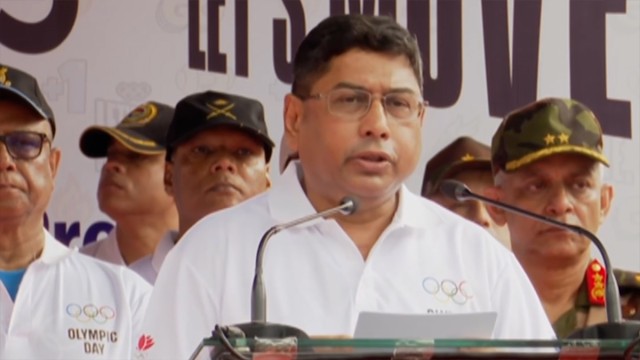
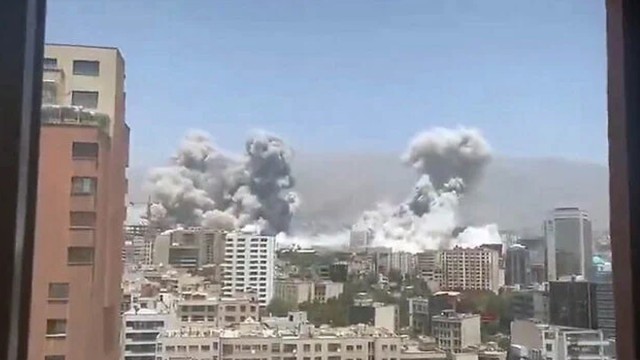
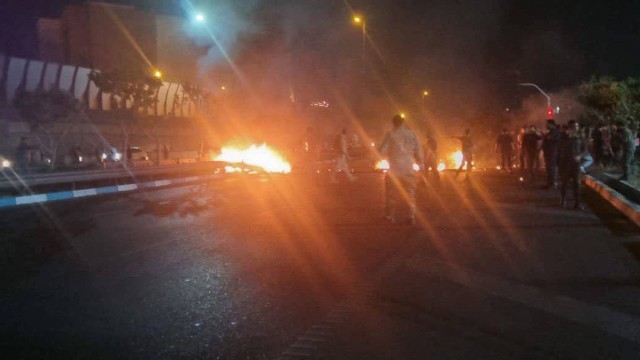
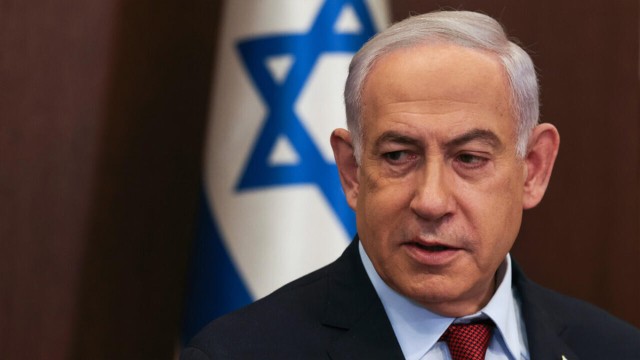
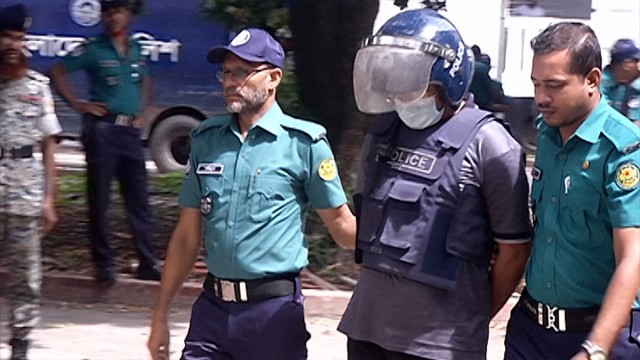
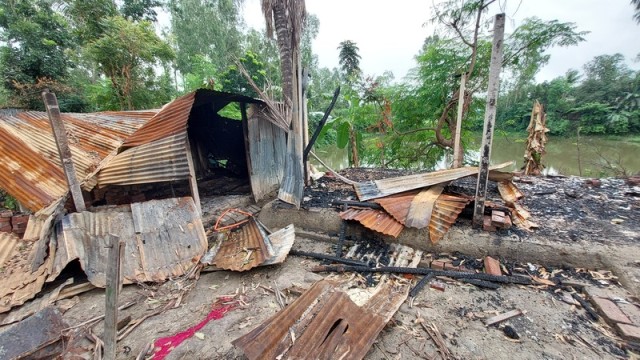

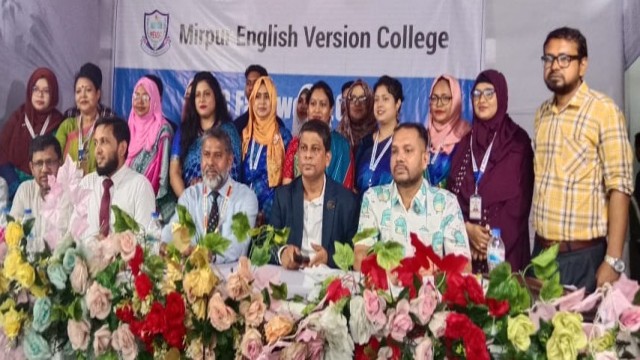
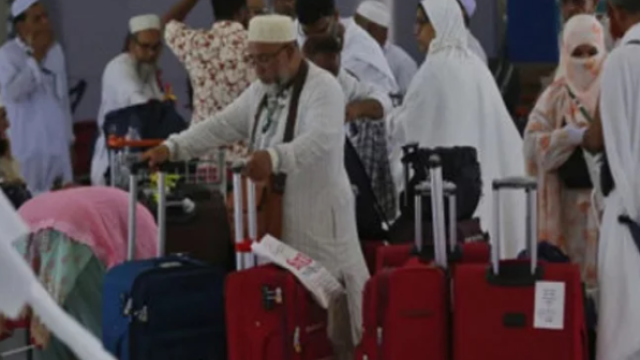


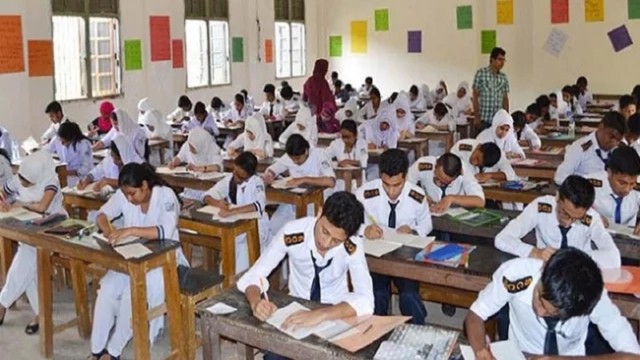
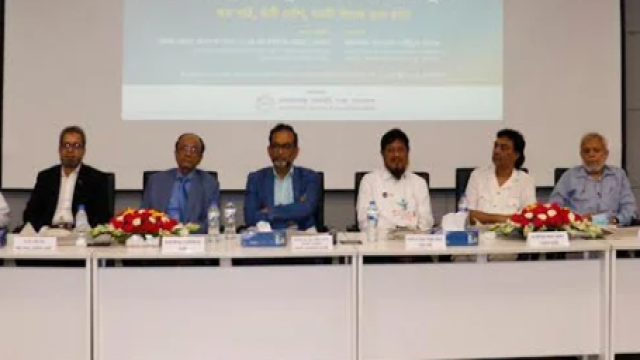
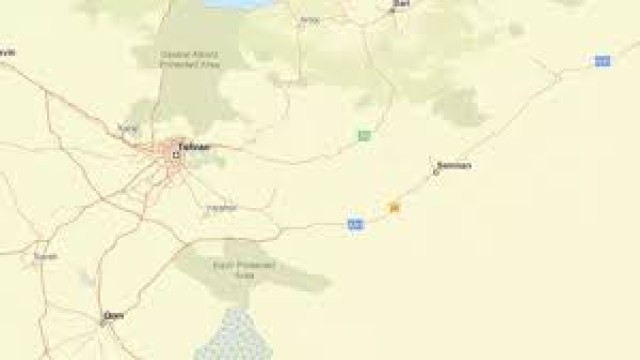
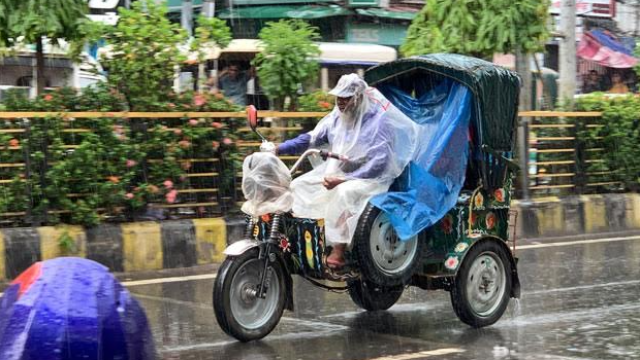
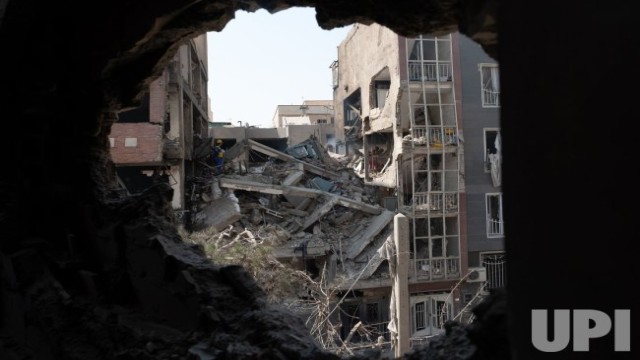

Comment: